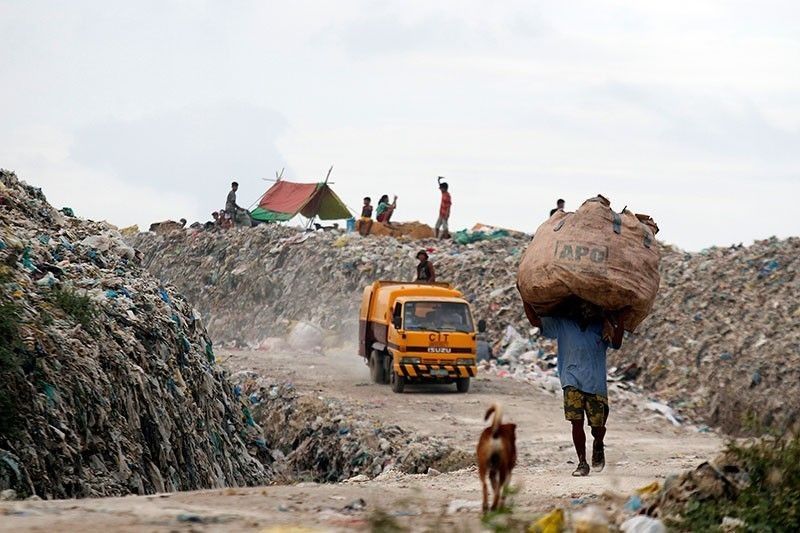DOE to enhance development of biomass waste-to-power facilities

MANILA, Philippines — The Department of Energy has committed to enhance the development of biomass waste-to-energy (WTE) facilities across the country, which it believes can provide always-on power to the national grids, according to a department circular.
Biomass WTE facilities produce power from organic matter.
In a circular posted by the agency on its website Tuesday, DOE said that it will "prescribe policies and programs to enhance the electric power industry in the development of biomass WTE facilities."
"The DOE deems it necessary to further support as well as address issues and concerns in the development of biomass WTE projects in the Philippines," the circular read.
DOE also said it will promote biomass waste-to-power facilities as a type of baseload renewable energy (RE) which can contribute to solid waste management efforts and provide additional power to the grid.
Baseload units are deemed as reliable plants which can provide power to the grid 24/7.
The agency added that it considers WTE as a "relevant intervention" that can help cut methane emissions.
The DOE circular says that biomass WTE units which comply with the law are entitled to renewable energy certificates that can be traded on the country's Renewable Energy Market.
Last year, environment groups and advocates criticized the government's guidelines on constructing WTE facilities, saying that their implementation will bring harm to human health and the environment. In July 2021, green groups filed a petition before the Supreme Court to nullify an existing environment department order which allows the use of WTE facilities.
Contrary to the DOE's claims in its recent circular, local think tank Center for Renewable Energy and Sustainable Technology (CREST) president Riedo Panaligan said incinerator plants actually emit more carbon dioxide per megawatt-hour than coal or oil plants.
"This is especially dangerous for Asia, where many countries produce waste with high moisture content that will not burn efficiently. To be able to operate effectively, incinerators in most Asian countries must be fed constantly with huge volumes of plastic waste, a petroleum-based product," Panaligan explained in an op-ed posted by German non-profit foundation Friedrich Ebert Stiftung on May 26, 2021.
- Latest
- Trending




























